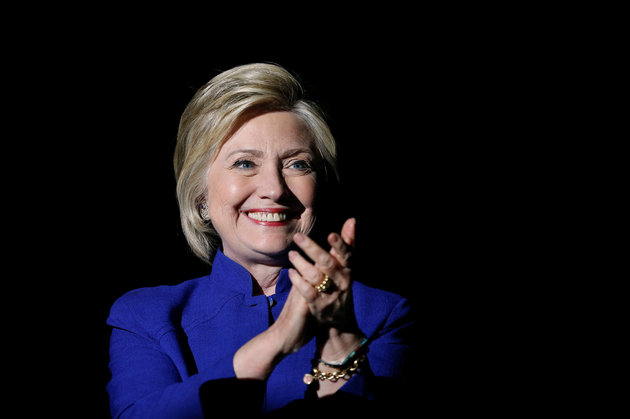
If Hillary Clinton becomes U.S. president in November, women could be running the Western World by January.
German Chancellor Angela Merkel, who fended off a recession in Germany during the global economic crisis, is already considered to be the most powerful leader in the history of the European Union. She is acting as de-facto leader of Europe as she endeavors to save the failing euro and navigate the region through an unprecedented refugee crisis.
Janet Yellen, the head of the Federal Reserve, is arguably the most powerful economic leader in the world, exercising massive influence over global financial markets and the U.S. economy.
Reinforcing the flanks, Christine Lagarde begins her second term this month as the world’s top banker. She is the first female head of the International Monetary Fund, the economic advisor for 189 countries, and she has made gender economic equality a priority for the global organization.
United Nations climate chief Christiana Figueres, who orchestrated a historic global climate change deal in Paris last year, is launching a bid to run the United Nations. As secretary-general, she would be the de facto spokesperson and leader of the UN, a global peacekeeper.
And a woman is mounting a strong bid to succeed David Cameron as prime minister of the United Kingdom following its shocking vote to exit the EU. Theresa May, Britain’s longest serving home secretary in over 50 years, is likely to take Cameron’s place as the next leader of the Conservative Party and guide the U.K. through Brexit.


